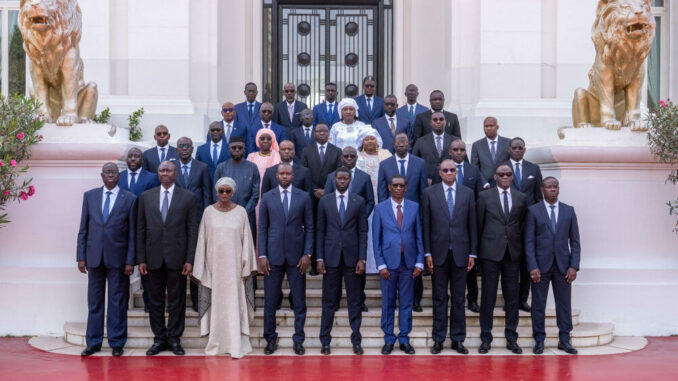
Senegal’s Ministry of Finance has postponed the release of its budget execution reports for the last quarter of 2024 and the first quarter of 2025 to June 23, citing the need to ensure accuracy and restore transparency.
This comes as the country grapples with the fallout from a hidden-debt scandal that led the International Monetary Fund (IMF) to freeze disbursements under its financing programme. A February audit revealed that the previous administration had understated fiscal deficits by up to seven percentage points annually, inflating confidence in the country’s economic health and misrepresenting its debt-to-GDP ratio, which reached around 100% by end-2023.
In a communique, the Finance ministry emphasised its commitment to restoring budgetary credibility through rigorous data reclassification and verification, promising more “sincere and reliable” financial disclosures moving forward. The IMF has acknowledged Senegal’s recent fiscal reform plans, including improving tax compliance and reducing dependence on foreign borrowing. However, it has made clear that progress on a new financial arrangement will not proceed until the debt misreporting issue is conclusively addressed, leaving the West African nation without IMF support for over a year.
Investor confidence remains fragile, with Senegal’s dollar bonds posting the worst performance in Africa this year—recording losses of 11.5%, according to JPMorgan, compared to a 4.9% average gain across African sovereigns. The country’s 2033 bonds are trading at steep discounts, reflecting deep market scepticism. Experts warn that despite reformist rhetoric, Senegal still faces a challenging path to fiscal recovery and regaining credibility on international financial markets.
